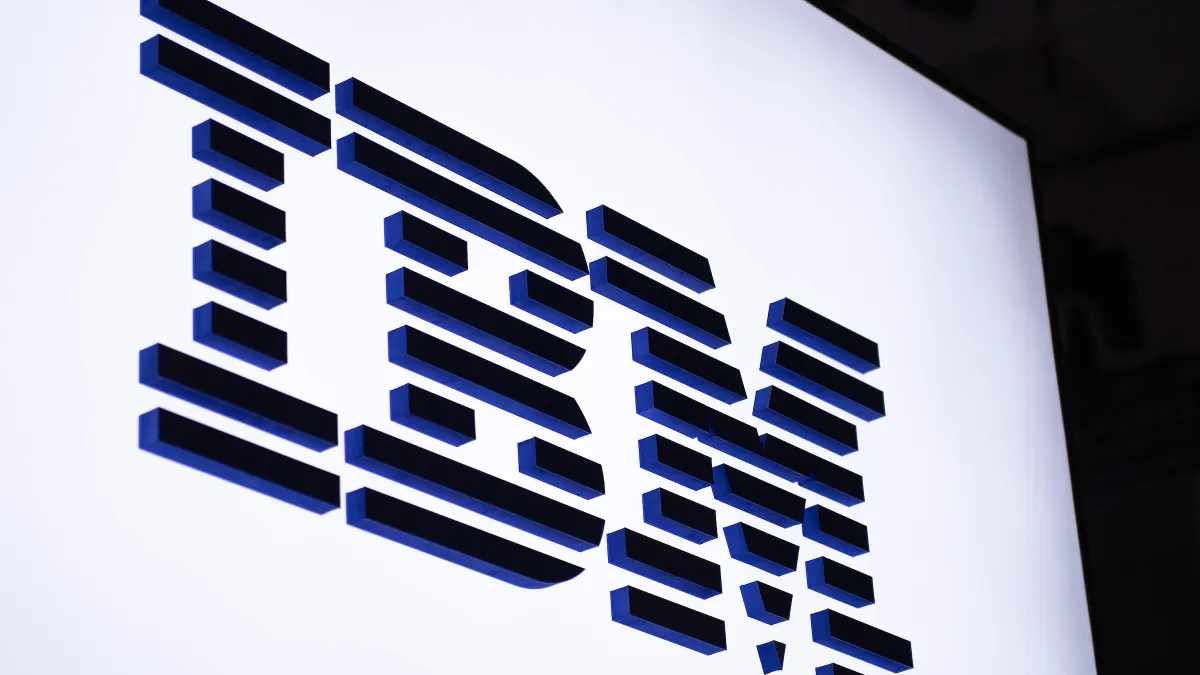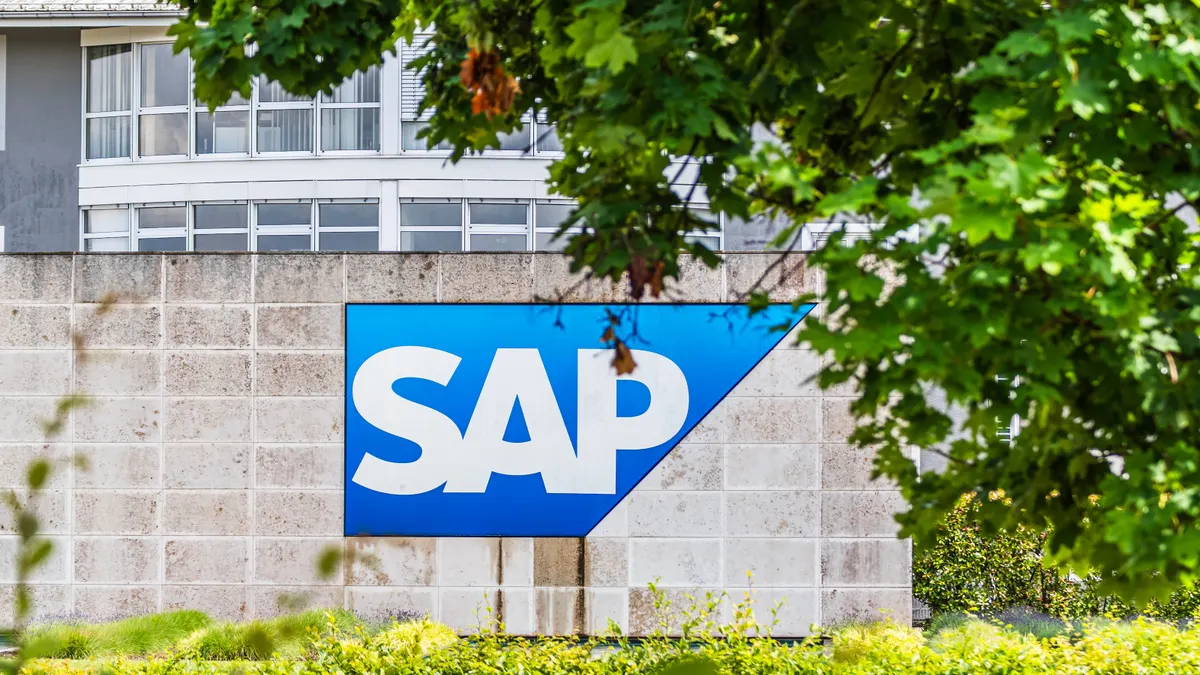American Honda laid out a generative AI strategy in 2023, focused on immediate risks, bringing capabilities in-house, training and long-term planning. As the company advanced on its broader goals, executives increased the focus on responsible AI and the data foundation that powers the technology.
“We’re trying to improve our decision-making speed and our decision-making quality at every level of the organization,” said Bob Brizendine, SVP of IT at American Honda and deputy head of the digital unit in the corporate administration operations at Honda Motor. “The reason we put brakes on a car is so we can go safer, faster, and data governance and AI governance are really in that same domain.”
As enterprises invested in generative AI, adequate governance became critical to reach AI ambitions. Poor frameworks can lead to a legion of roadblocks, from increased costs and subpar performance to project delays and biased results.
To up the ante, strengthening governance isn’t a one-time affair. Plus, aiming for what the industry has labeled as AI-ready data is a “mythical” endeavor, Brizendine told CIO Dive.
“I really do use the word mythical because I don’t know how to measure exactly when data is ready for AI, or for what decision,” Brizendine said. “It’s a tall order. It comes down to the individual use case, the risk of the decision being made and the importance of that decision.”
American Honda has worked to get its arms around data and AI governance by establishing a responsible AI council, creating a unified data platform and fostering digital literacy.
The council, composed of representatives from various business units, keeps an eye on model drift, privacy-related compliance obligations and how AI-generated outputs are used. The group advises teams on expectations around AI use and when to use what model. Around mid-year, Brizendine said the group will evaluate how it’s executed and adjust if necessary.
To support the council’s efforts and the overall strategy, American Honda employees are participating in digital literacy training. The automotive manufacturer created a program with research and consulting firm Gallup to establish a digital literacy metric to see where teams stand.
“If we know the digital literacy of a team, we can target the education programs for their level, whether it’s the executives who need to learn how to drive innovation using these capabilities or the staff,” Brizendine said.
Strengthening the data engine
In addition to its governance efforts, American Honda has elevated data ownership and worked to democratize AI and data tools across the organization in recent years.
Enterprise AI efforts have amplified data’s importance within most organizations. More than 4 in 5 technology decision-makers said data ownership has shifted over the last year as adoption initiatives expand, according to a Collibra and Harris Poll survey published Wednesday.
American Honda was an early adopter of Microsoft’s Copilot and rolled it out broadly in 2023. Since then, the company has explored AI tools tailored to several business units and tasks. The automotive company has also worked to build out a unified data platform and accelerate its data maturity, fueling its generative AI endeavors.
“This is where all of these things tie together,” Brizendine said. “We’re making a pretty large play for building a unified platform for some of our strategic elements of our data: integration of various data, ensuring we have seamless data flow. We’re working on that in a priority order by data domain.”
As the organization continues to incorporate unstructured data — such as owners' manuals — and increases the quality of structured data, it’s identifying room for improvement.
“When we talk about quality or defect information in manufacturing, if you don’t have a common language, it becomes difficult to socialize and look beyond the boundaries of one particular plant,” Brizendine said, giving an example of a use case that’s not quite ready yet.
American Honda’s Arun Yarlagadda, deputy general manager of global services and data platform and North American chief data officer, told CIO Dive that scrapping a potentially valuable use case is not as common as putting it in the not-for-now pile.
“If we are using photos of a factory to chart some next-best action and the quality is not good, we would work on improving that source,” Yarlagadda said. “ We didn’t just turn away, but we have to postpone the activity.”
Long term, Yarlagadda said having the right talent, observability and monitoring capabilities will continue to be vital for its success.
For organizations that get data and AI governance on the right track, technology leaders will need to maintain their diligence — and keep an eye on the horizon.
“Data and AI are twin engines driving our digital transformation,” Brizendine said. “Keeping the finger on the pulse of this changing world is very difficult, but we’re investing more in advanced technology planning and proofs of concept to try to be ready.”























